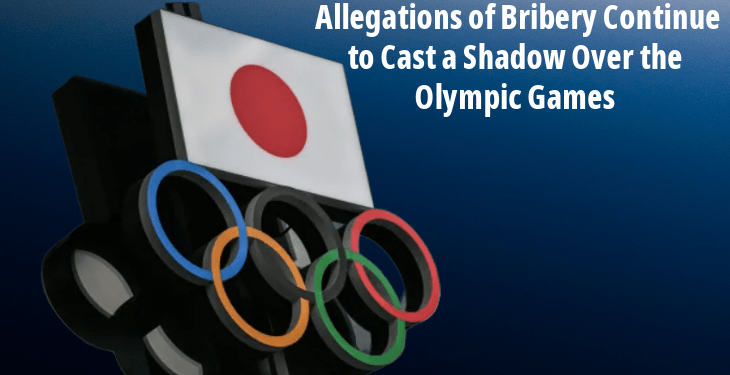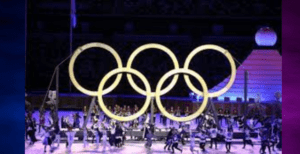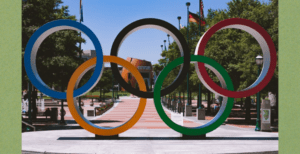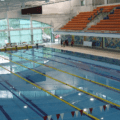
The Olympic Games have a long and storied history, but they have also been plagued by allegations of bribery. In recent years, there have been a number of high-profile cases of corruption involving the Olympics, including the Salt Lake City Winter Olympics in 2002 and the Rio de Janeiro Summer Olympics in 2016.
The most recent allegations of bribery involve the Tokyo 2020 Olympic Games. In 2019, French prosecutors launched an investigation into allegations that bribes were paid to secure the games for Tokyo. The investigation has focused on payments made by Japanese companies to Papa Massata Diack, the son of former IAAF president Lamine Diack.
Diack is a convicted criminal who was sentenced to five years in prison in 2020 for corruption and money laundering. He is alleged to have accepted bribes from sports officials in exchange for awarding them contracts with the IAAF.
The Tokyo 2020 organizing committee has denied any wrongdoing. However, the allegations have cast a shadow over the games and raised questions about the integrity of the Olympic bidding process.
In addition to the Tokyo 2020 allegations, there have been a number of other recent cases of corruption involving the Olympics. In 2017, the International Olympic Committee (IOC) suspended two members of its executive board, Patrick Hickey and Kevan Gosper, after they were accused of accepting bribes.
The IOC has also been criticized for its handling of corruption cases. In 2016, the IOC was accused of covering up evidence of corruption in the bidding process for the Rio de Janeiro Olympics.
The allegations of bribery continue to cast a shadow over the Olympic Games. The IOC needs to take steps to address these allegations and ensure that the games are free from corruption.
Here are some of the key takeaways from the allegations of bribery at the Olympic Games:
- The Olympic Games have a long history of corruption.
- The allegations of bribery continue to cast a shadow over the games.
- The IOC needs to take steps to address these allegations.
- The integrity of the Olympic bidding process is in question.
Here are some of the potential consequences of the allegations of bribery at the Olympic Games:
- The games could lose sponsors.
- The public could lose faith in the Olympics.
- The IOC could be forced to reform its governance.
What can be done to prevent bribery at the Olympic Games?
- The IOC needs to strengthen its anti-corruption measures.
- The bidding process for the games needs to be more transparent.
- There needs to be more scrutiny of the activities of sports officials.
The allegations of bribery at the Olympic Games are a serious problem. The IOC needs to take steps to address these allegations and ensure that the games are free from corruption.
The allegations of bribery have had a number of negative consequences for the Olympic Games:
- They have damaged the reputation of the Olympic Games.
- They have led to calls for reform of the IOC.
- They have made it more difficult for the IOC to attract sponsors.
The allegations of bribery have also raised questions about the future of the Olympic Games.
- Will the Olympic Games continue to be tainted by corruption?
- Will the public continue to support the Olympic Games?
- Will the IOC be able to reform itself?
The future of the Olympic Games is uncertain. However, the allegations of bribery have raised serious questions about the integrity of the Games and the IOC. These questions need to be answered if the Olympic Games are to remain a credible sporting event.








